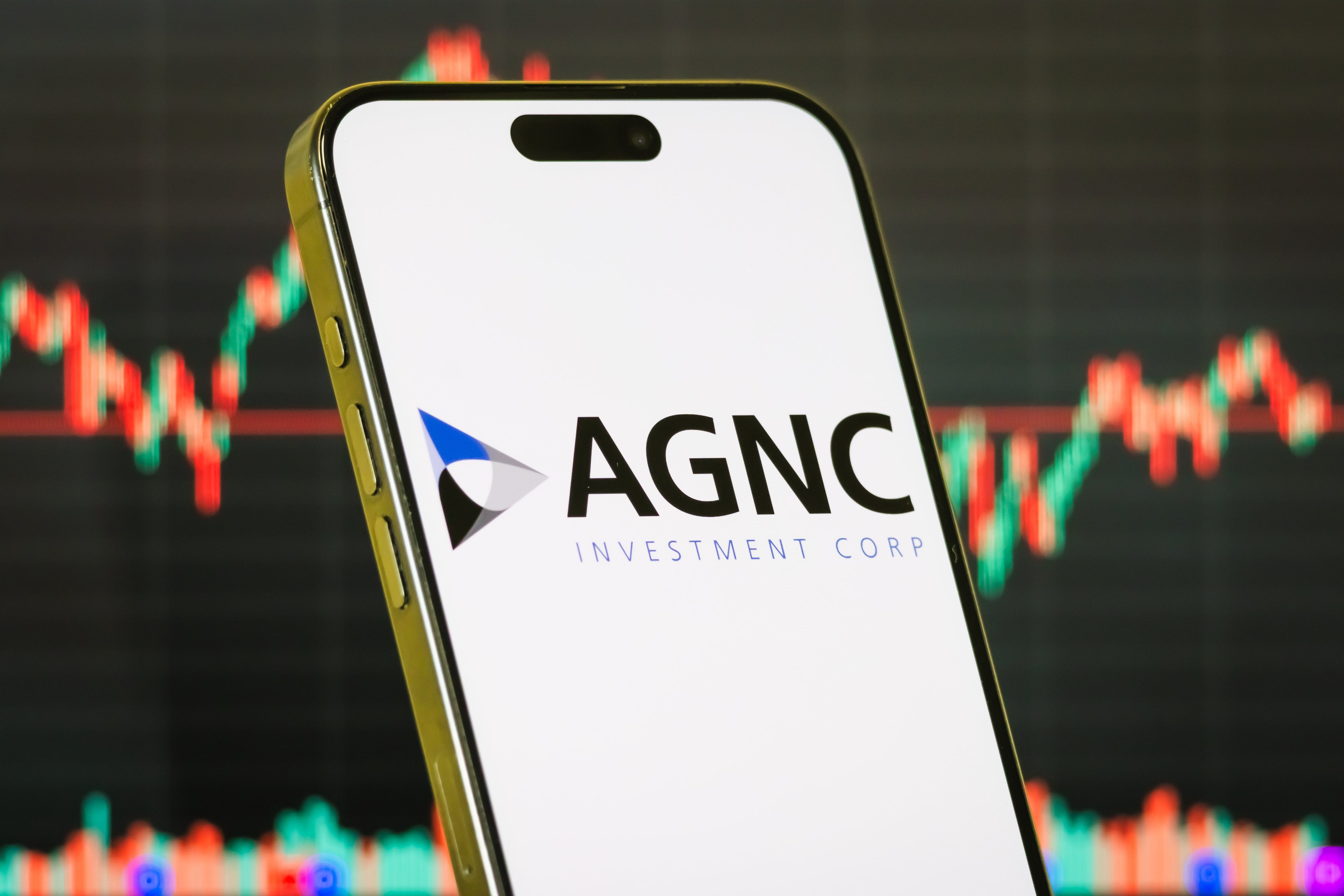The COVID-19 pandemic has been rough for mortgage real estate investment trusts (REITs), as almost every one has been forced to cut its dividend. Every mortgage REIT, regardless of strategy, reported a big drop in book value per share due to the chaos in the mortgage markets. Eventually, the Federal Reserve Bank of New York stepped in and began to support the mortgage market by buying mortgage-backed securities directly.
Now that things have settled down, the sector is certainly worth revisiting -- especially companies like AGNC Investment Corp. (AGNC +0.95%). Here is what I will be watching for in this particular REIT.

Image source: Getty Images.
Book value and why it matters
AGNC Investment is the classic agency mortgage REIT. The company invests in mortgage-backed securities, which are guaranteed by the U.S. government. AGNC therefore bears little in the way of credit risk. Since government-guaranteed mortgages have no credit risk, the return is lower. This is why treasuries yield less than corporate bonds. In order to generate a decent return, agency REITs must use a lot of leverage, or borrowed money. This leverage was the main reason for the issues in the mortgage REIT sector in March and April. The declining value of mortgage REIT assets triggered margin calls, which resulted in forced selling in a declining market.
At the end of the first quarter, AGNC Investment reported a book value per share of $13.62. During the first-quarter investor conference call, which took place in late April, the company reported book value per share had increased by about 8%, which would put the number at $14.70. Based on that, AGNC Investment is trading at about a 15% discount to book value as of midday Friday, which is on the low side historically. Take a look at the chart below, which shows AGNC's price-to-book ratio going back to the 2008 financial crisis.
AGNC Price to Book Value data by YCharts
Note the stock typically trades right around book value, although it moves around in a range of about 0.8 to 1.2. When AGNC Investment trades at a big enough discount to book value, it provides two ways to earn a return. First, the company pays a $0.12-per-share dividend per month, which works out to an 11% dividend yield. Second, the discount to book value will usually disappear as the stock vacillates between a discount and a premium to book.
The investment thesis for AGNC's portfolio
What will drive an increase in book value? The biggest factor will be a return to pre-COVID-19 pricing for the types of mortgage-backed securities AGNC prefers. AGNC tends to concentrate on mortgage-backed securities, which have investment characteristics that make them less likely to prepay. Without getting too deep in the mortgage bond math geekery, loans that are less likely to refinance are worth more than loans that are more likely to refinance. So a security filled with mortgages that are unlikely to prepay will be worth more than the benchmark bonds trading in the market. During the COVID-19 crisis, these mortgage-backed securities traded at discounts because of liquidity issues (everyone was a seller and no one was buying). Investors in AGNC are betting that these securities will return to their normal valuations.
Mortgage REITs are invariably a bet on economic calm. They tend to pay a nice double-digit dividend yield and every once in a while go through a rough patch. The last rough patch before the COVID-19 pandemic was the "taper tantrum" of 2015, where the Fed slowed its buying of mortgage-backed securities and markets braced for a rate hike. Given what we have seen from the Federal Open Market Committee, rates are going nowhere for a while. Investors might get a chance to pick up AGNC Investment at an attractive discount to book, and will also enjoy a substantial monthly dividend yield as well.







